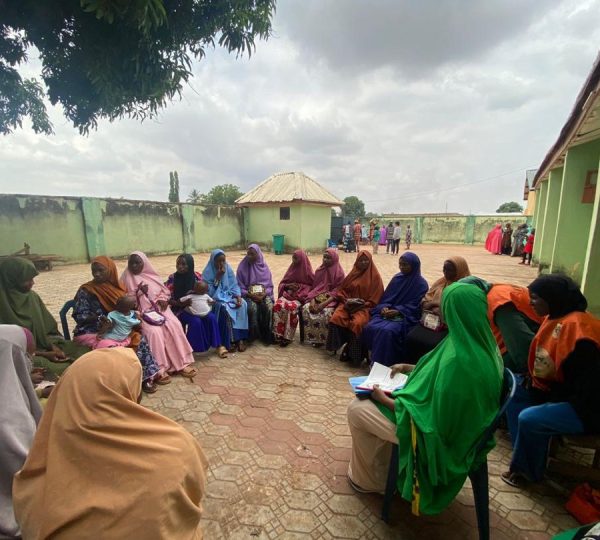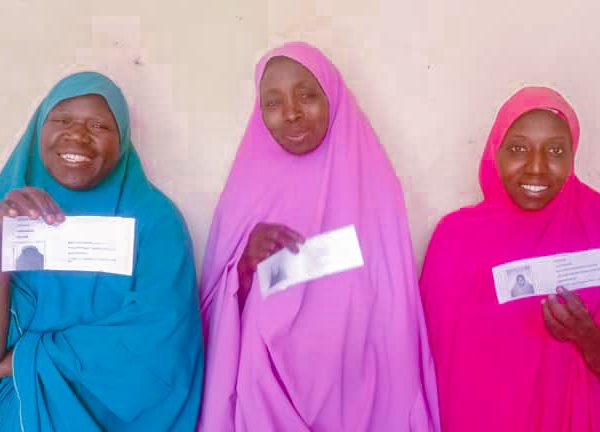Overview of the Village Health Workers Training- Gombe MNCH project
Achieving the Gombe State Village health workers scheme saw a great level of painstaking measures put in place to ensure the quality of volunteers that would be delivering a most essential service to expectant and new mothers in the core rural communities of the state. A cursory look at the selection criteria reveals that the volunteers must be female and preferably married with the permission of their husbands to participate in the scheme. They have to be resident in the intervention community, have a minimum qualification of a primary school leaving certificate and should be aged 15 and above. Additionally, they should be conversant with the norms and values of the community.
Principal among the criteria for selection was the literacy component which entailed being able to read and write in the English language. According to NDHS 2013, ‘only 7.6 % of women aged 15-49 years completed primary education, while 5.5% had some primary education in Gombe state. Even though finding female volunteers that could read and write in English from the core rural communities of Gombe state seemed unachievable judging from the statistics, the project management was pleasantly surprised with the turnout of the women that scaled the literacy screening and verification exercises.
To further authenticate their literacy level, other measures to test their skills were put in place at the training venues. First the trainees were required to fill out the attendance sheet by themselves, they were also asked to write short essays where they stated their names, ward or community, favorite food, likes and dislikes. Followed closely by this stage was a prepared written pre-test. The participants were given 15 minutes to respond to 10 questions. When they are done with that stage, the facilitators pick random excerpts from the training manual and ask each participant to read. This was a one on one type of engagement just in case the participant has not built enough confidence to speak up to the class. The final stage was when each participant was called to read random excerpts from a slide to the hearing of the class. While all this was ongoing, the training support staff were scoring each participant and noting the volunteers that did not meet the read and write criteria. As expected, the verification exercise did record some casualties.
The project took out time to explain the importance of selecting only the candidates that can read and write in English especially as it relates with the dispensing of drugs and handling clients’ records. Although disappointed, most of the women that didn’t make it, returned with a strengthened resolve to improve on their current literacy level.
An unexpected piece of the entire exercise for most supervisors was the turnout of expectant and nursing mothers who wouldn’t let their condition get in the way of being part of the scheme. Families were also willing to give the necessary support for an expectant or nursing mother to be part of the VHW training. Their motivation spanned between the opportunity to give birth in a health facility in the city, receiving the kind of care that they had only heard about on the radio or via word of mouth. For the nursing mothers, it was a chance to be part of building and shaping their communities such that the wrong practices that hitherto prevailed will be curbed as more women have access to lifesaving maternal newborn interventions.
It is clear that volunteerism is not alien to the people of Gombe and they understand all too well that being part of the programme will improve their lot health wise. The MNCH project is confident that sustainable MNCH innovations and practices are well within reach, especially with Gombe State Primary Health Care Development Agency (GSPHCDA) at the driving seat of this intervention. Already communities have pledged their support and commitment to ensuring that VHWs carry out their home visits and mobilization activities unhindered. With an enabling environment and passionate volunteers, we expect to see rapid improvement in the number of women accessing skilled care for maternal and newborn health.





